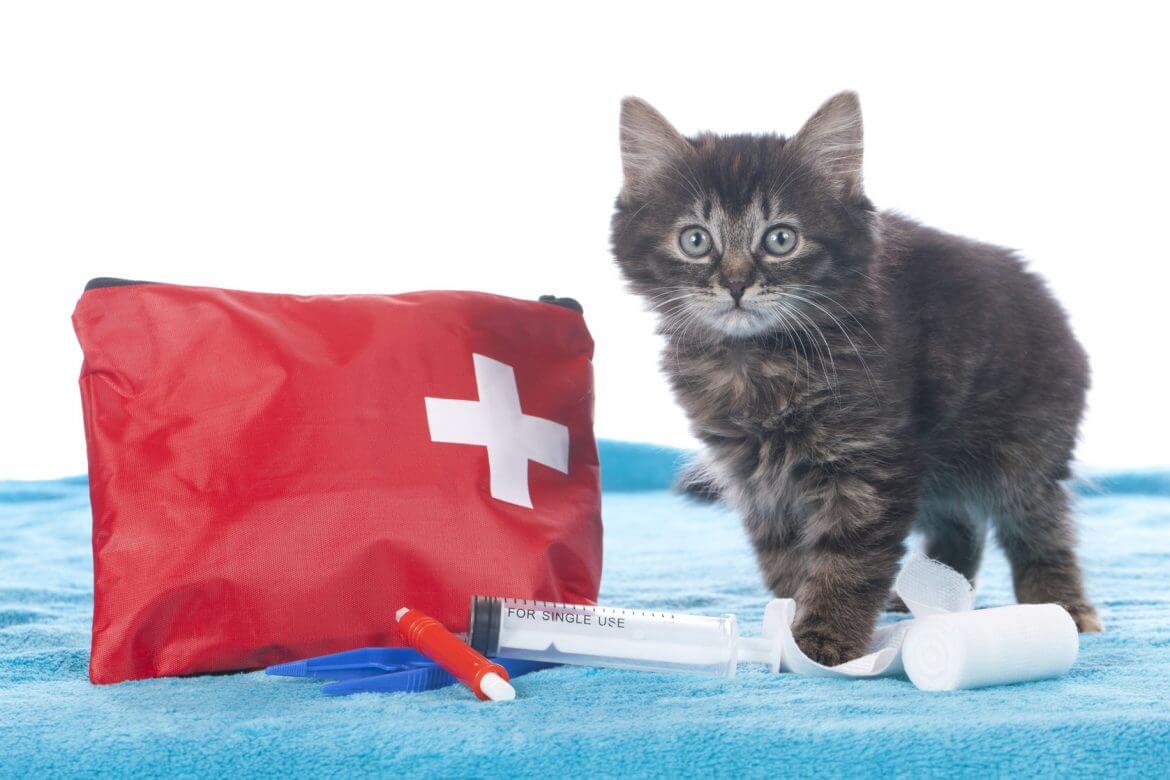
Fire Evacuations & Pets
With the recent spate of fires breaking out across the country, Pet Insurance Australia has some good advice for those with pets in fire-prone areas.
“With so many Australians battling the prospect of evacuations it’s a good idea for all pet owners to have a plan of action when it comes to their beloved companion animals,” Nadia Crighton from Pet Insurance Australia says.
Planning is the key to ensuring your pets are kept safe and out of harm’s way if a fire does threaten your home or area.
“Having a pet emergency kit is paramount, and also a plan of action,” Crighton suggests. “Keeping this kit close by so it can be easily grabbed during a time of heightened stress is paramount.”
EMERGENCY KIT:
- Food and water – enough for at least three days
- Bowls
- Collar and lead with updated tags
- Crates or travel cages
- Bedding
- Medications
- Basic pet first aid kit
“It’s also a good idea to have a safe place to take your pets, even if you are considering staying to battle the fire, it’s advisable to get your pets to a safe zone, staying with family or friends,” Crighton recommends. “Many pets can get lost especially during high smoke times.”
If you are evacuated and unable to find your pets, it’s important to alert the local authorities.
“If you are in a fire zone, please consider keeping your pets indoors until you know the danger has passed, this is particularly important for cats, who may stray and get lost.”
Many Australians may also find injured or stressed wildlife during this time.
IMPORTANT
- If you live rurally, think about keeping towels, boxes, and plastic gloves in the boot of your car and get to know who your wildlife rescue / volunteers / veterinarians are in your local area.
- If you find a dead wallaby, possum, koala, wombat or kangaroo, ensure you check the pouch before leaving the animal. Joeys can survive up to a week in a pouch.
- Never attempt to remove the joey from the teat, take the whole animal to the vet and seek professional advice immediately or you may cause irreparable damage to the joey’s mouth.
- Wrap the animal up (including their head) and handle with care.
- Stress is a big killer of our wildlife. Stress is caused by; being kept in an unfamiliar location, strange smells and sounds, and the injury itself. It is important that the animal be kept in a dark, warm and quiet location until you can seek help.
- DO NOT feed or water the animal until you seek professional advice.
HEAT STRESS
Many wild animals suffer from heat-stress. Some symptoms are:
- Lethargy
- Strange behaviour
- Confusion
- Birds may pant or stretch out their wings
- Koalas and possums may come to the ground during the day looking for water
“Keeping your pets and family safe is are so important during these times of fire uncertainty,” Crighton says. “Our thoughts are with all of those affected during this time.”
Nadia Crighton is a renowned and accomplished professional in the fields of Journalism, Public Relations, and Writing, with an extensive career spanning over 25 years, 20 of which have been dedicated to promoting the health and well-being of pets.
Get the latest Pet Insider Tips & News
We offer award-winning* pet insurance policies to protect your furry friend’s health and wellbeing. Get a quote today and give your pets the care they deserve.
Archives
Categories
- Cat Care (65)
- Cats (2)
- Dog Care (129)
- Guides (29)
- Health and Nutrition (201)
- Lifestyle and Activities (221)
- Media Release (27)
- Pet Care (251)
- Rescue Dogs (1)


